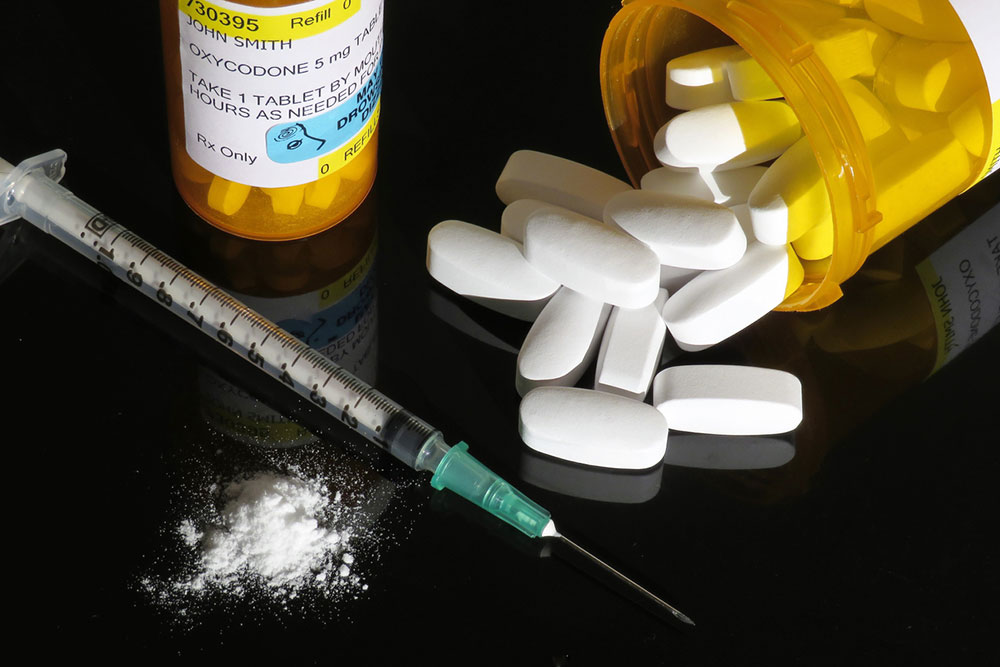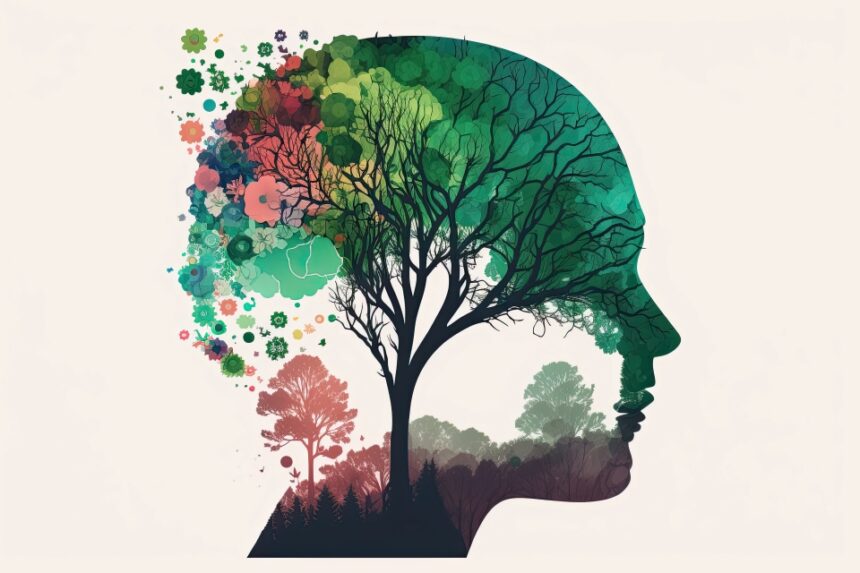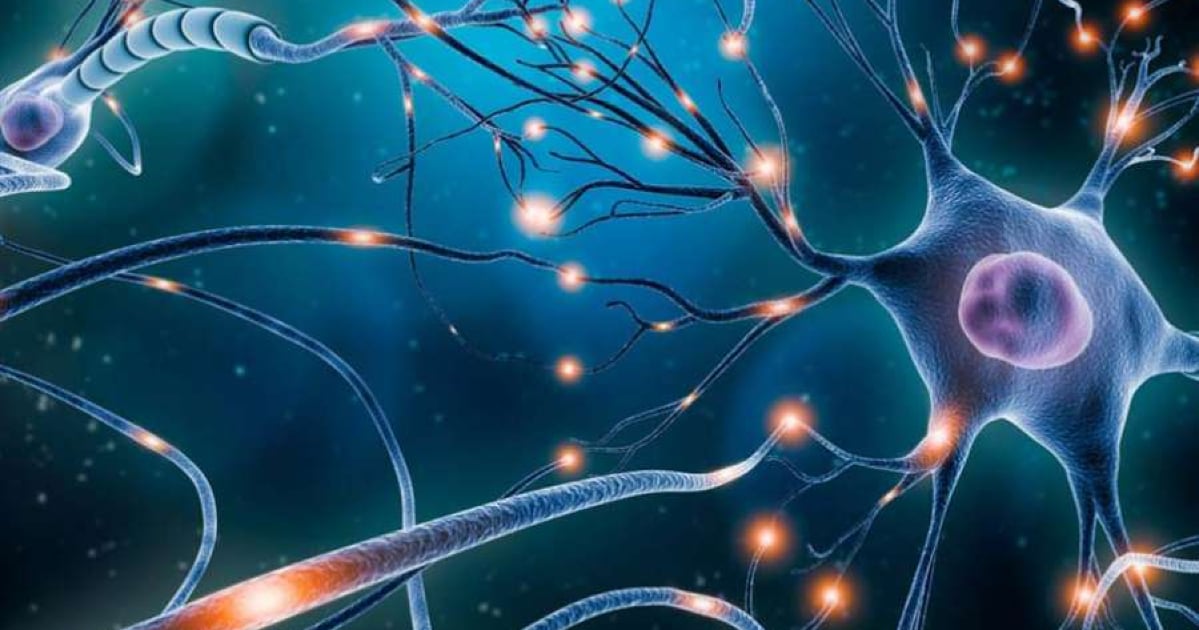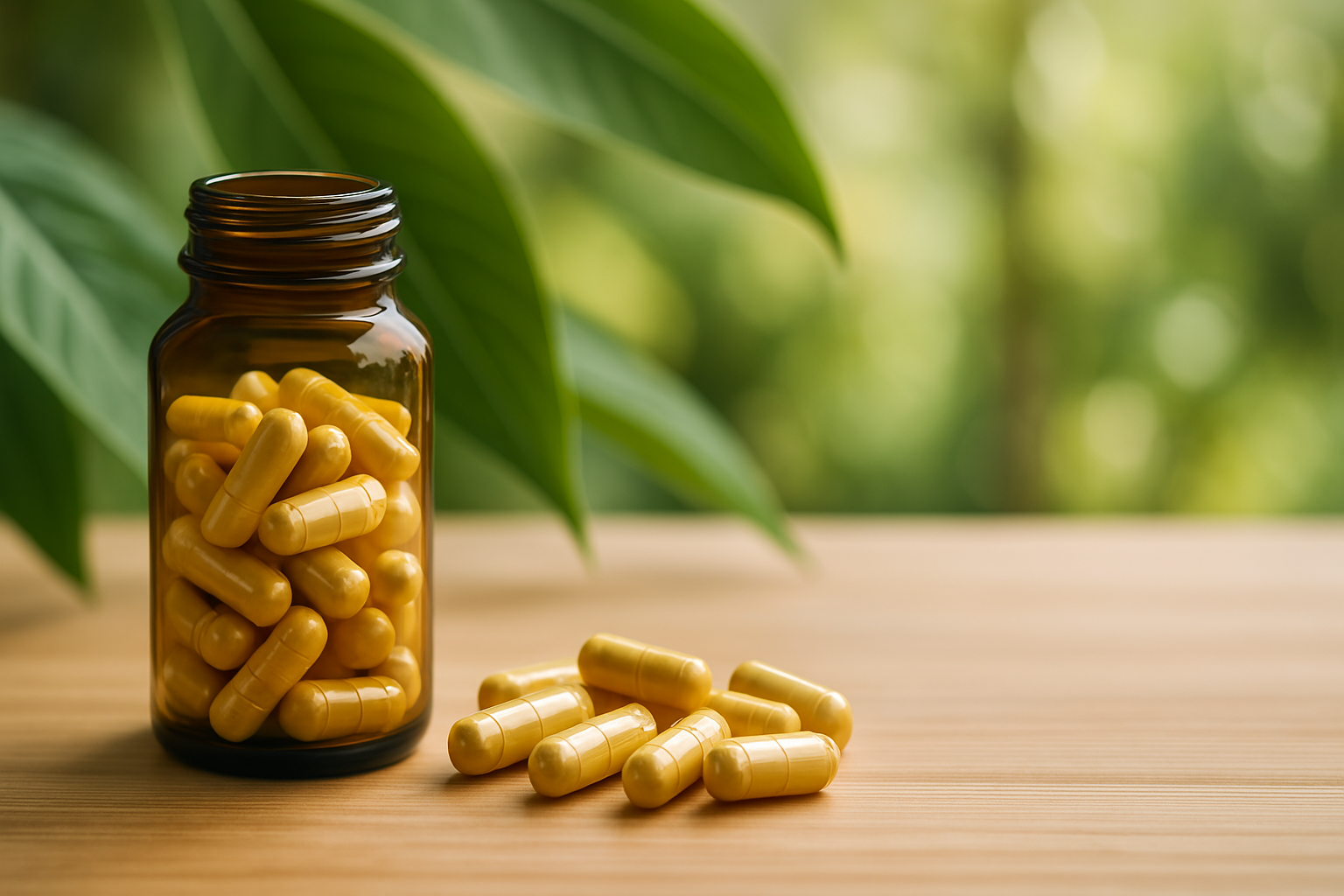Transform your mind, renew your life with Ibogaine, and embrace a new path of growth and healing.
whaT IS Ibogaine?
Ibogaine is a natural alkaloid from the root bark of Tabernanthe iboga. It has been used in traditional African ceremonies and is now studied for its potential to interrupt addictions.
Scientific Benefits of Ibogaine

Interrupts withdrawal symptoms in opioid, alcohol, and stimulant dependencies

Promotes introspection and emotional resolution during treatment

Increpases levels of GDNF (Glial cell line-Derived Neurotrophic Factor

Demonstrates long-lasting effects after a single therapeutic session
EVIDENCE-BASED OUTCOMES
What We Offer
🧪 Ibogaine HCl (99% Purity)
Pharmaceutical-grade extract with full lab analysis and COA.
🌿 Iboga TA Extract
Semi-purified total alkaloid extract for more traditional experiences.
📦 Global Shipping
Discreet And insured shipments, Simple To order.
🤝 B2B Support
Ongoing consulting for clinics and practitioners.
Why Choose Us?
- Ethical sourcing
- 100% natural product.
- Strict quality control for purity and effectiveness.
- Professional support throughout your journey.
- Endorsed by top ibogaine psysicians and clinics.
Contact Us to Request Pricing
Fill out the form and a sales agent will contact you shortly.

